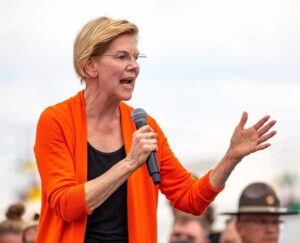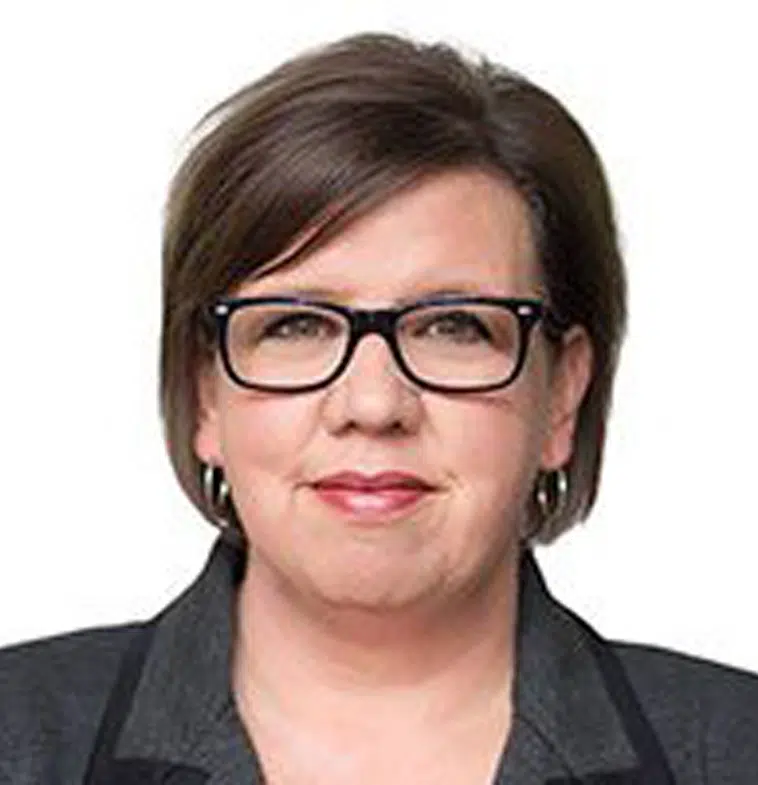 When the final two top tier Democrat presidential candidates dropped out of the presidential race, it became clear that the primary qualification they lacked was being a white man. Some may claim it was a lack of support, and others may cite a lack of momentum, but few can point to a lack of qualifications. Senators Elizabeth Warren and Amy Klobuchar, as well as the other women that initially joined them in their bid – namely Senators Kirsten Gillibrand and Kamela Harris – are all more than qualified with a proven track record of leadership in local, state, and national government, except that no woman has ever been president. Until we see a woman in that position, sexism will continue to be a hurdle blocking women candidates from being President.
When the final two top tier Democrat presidential candidates dropped out of the presidential race, it became clear that the primary qualification they lacked was being a white man. Some may claim it was a lack of support, and others may cite a lack of momentum, but few can point to a lack of qualifications. Senators Elizabeth Warren and Amy Klobuchar, as well as the other women that initially joined them in their bid – namely Senators Kirsten Gillibrand and Kamela Harris – are all more than qualified with a proven track record of leadership in local, state, and national government, except that no woman has ever been president. Until we see a woman in that position, sexism will continue to be a hurdle blocking women candidates from being President.
Looking at their qualifications and their overall electability, the odds are good that their struggles had very little to do with their platforms, and everything to do with their gender. Warren’s loss in particular brought home the fact that for the second time in four years, an exceptionally qualified female candidate lost to her male counterparts — some of whom were far less qualified.
Sexism was definitely a factor in this campaign. While it may not have been THE factor, it carried weight. Female candidates had to prove their qualifications more than the men they were up against, and they had to deal with increased media scrutiny and gender bias, and they faced greater issues surrounding likeability and voter perception on the campaign trail than their male counterparts. All of which of course, was further amplified via social media.
Warren spoke about the gender “trap” Thursday.
“Gender in this race — you know, that is the trap question for every woman,” Warren said after announcing she would be suspending her campaign. “If you say, ‘Yeah, there was sexism in this race,’ everyone says, ‘Whiner.’ And if you say, ‘There was no sexism,’ about a bazillion women think, ‘What planet do you live on?’”
Melissa K. Miller, a political science professor at Bowling Green State University in Ohio, told NBC News that this week’s events could make it harder for women running for president to succeed in the future. “Folks are convinced that a woman can’t win, so they don’t vote for a woman, thus ensuring that a woman doesn’t win, and the cycle continues. The reality is that a woman can win. Hillary Clinton’s victory by about 3 million popular votes in 2016 made that clear.”
Apparently, America isn’t ready for a woman president. However, it’s important to remember that we still have a number of women running down the ballot that can run their races and win, and they need our support. The first thing we can do is recognize the fact that gender bias is alive and well in politics, and the women running (and serving) now know it and face it every day. It is our responsibility to call out the comments that seek to undermine them, name them as biases and talk about them. To help more women represent us at every level we need to encourage them, counteract the public ridicule they often face, and offer them our support. Their courage and willingness to work hard to solve the issues that can make the world a better place for all of us is admirable and necessary. They are paving the way for that woman who will finally break through the sexism bias and become our first woman president.

